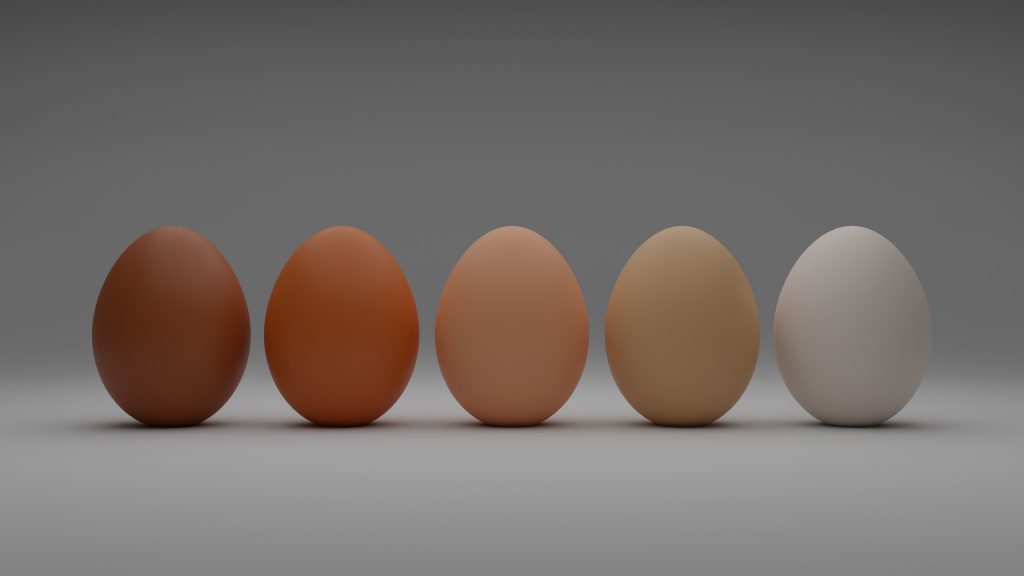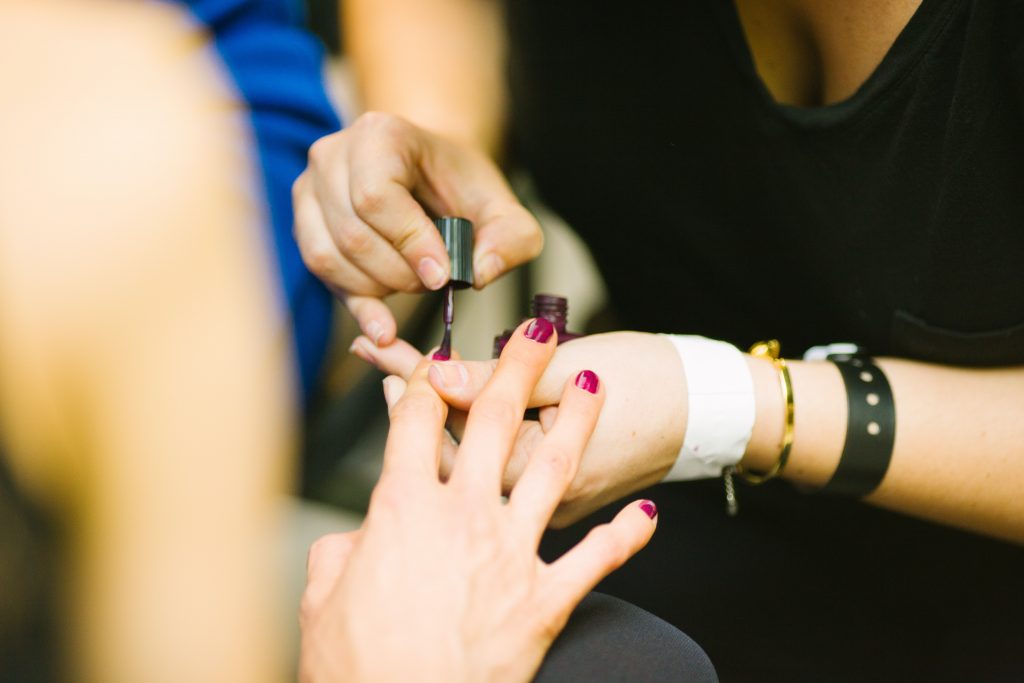5th floor, Lakshmi Sharada Arcade,
6th Main Road, No 251,
17th Cross Road,Sector 7,
HSR Layout,Bangalore,
Karnataka-560102

Food cravings are the dieter’s worst enemy.
These are intense or uncontrollable desires for specific foods, stronger than normal hunger.
The types of foods that people crave are highly variable, but these are often processed junk foods that are high in sugar or salt.
Cravings are one of the biggest reasons why people have problems losing weight and keeping it off.
Here are some simple ways to prevent or stop unhealthy food and sugar cravings.
Avoid Getting Extremely Hungry
Hunger is one of the biggest reasons why we experience cravings.
To avoid getting extremely hungry, it may be a good idea to eat regularly and have healthy snacks close at hand.
By being prepared, and avoiding long periods of hunger, you may be able to prevent the craving from showing up at all.

Get enough sleep
Your appetite is largely affected by hormones that fluctuate throughout the day.
Sleep deprivation may lead to poor appetite regulation and strong cravings.
Studies support this, showing that sleep-deprived people are up to 55% more likely to become obese, compared to people who get enough sleep
For this reason, getting good sleep may be one of the most powerful ways to prevent cravings from showing up.
Reference
Don’t Go to the Store Hungry
Grocery stores are probably the worst places to be when you are hungry or have cravings.
First, they give you easy access to pretty much any food you could think of. Second, supermarkets usually place the unhealthiest foods at eye level.
The best way to prevent cravings from happening at the store is to shop only when you’ve recently eaten. Never — ever — go to the supermarket hungry.

Eat proper meals
Hunger and a lack of key nutrients can both cause certain cravings.
Therefore, it’s important to eat proper meals at mealtimes. This way, your body gets the nutrients it needs, and you won’t get extremely hungry right after eating.
If you find yourself in need of a snack between meals, make sure it’s something healthy. Reach for whole foods, such as fruits, nuts, vegetables or seeds.
Fight stress
Stress may induce food cravings and influence eating behaviors, especially for women.
Women under stress have been shown to eat significantly more calories and experience more cravings than non-stressed women.
Furthermore, stress raises your blood levels of cortisol, a hormone that can make you gain weight, especially in the belly area.
Reference

Eat more protein
Eating more protein may reduce your appetite and keep you from overeating.
It also reduces cravings, and helps you feel full and satisfied for longer.
One study of overweight teenage girls showed that eating a high-protein breakfast reduced cravings significantly.
Reference
Drink water
Thirst is often confused with hunger or food cravings.
If you feel a sudden urge for a specific food, try drinking a large glass of water and wait a few minutes. You may find that the craving fades away, because your body was actually just thirsty.
In middle-aged and older people, drinking water before meals can reduce appetite and help with weight loss
Reference

Buy single serve packs
It may seem like a smart money choice to buy the “supersize” bag of potato chips, but that makes it harder to control what you
Smaller bags can fix that. If you can’t resist a snack, at least you can limit your intake by eating a small serving pack.
Shop smart
If you know you’re likely to give in to a salty urge, don’t let potato chips sneak into your grocery cart.
Instead, stock up on unsalted or lightly salted walnuts -- they have protein and omega-3 fatty acids that can be good for your heart.
Same goes for a sweet tooth: Pick up some fresh fruits and leave the cookies on the aisle.

Keep yourself busy
Boredom can lead to mindless eating.
Call a friend, read a book, watch tv, clean your home, take up a hobby-- anything to stop yourself from eating just because you don’t have anything else to do.
Keep it out of reach
Put those cookies or chips in a small bowl across the room and put the bag back in the cabinet or keep that jar of namkeen on a higher shelf.
You’ll have to get up each time you want some, and that’ll make you eat less.
And it’s not just the effort to get up that makes the difference.
It’s also because you have a chance to stop before you grab that next handful and ask yourself, “Do I really want any more?”

Reward yourself
Reward yourself, but not with food -- make it something else you really like.
Give yourself a prize for each small goal.
For example, if you skipped that late-night ice cream on Friday, get yourself a manicure on Saturday.
Don’t hold out for broader goals like “eating better.”
Exercise
Exercise can serve as a distraction, and it may make you less likely to snack afterward, too.
A research showed that a brisk 45-minute walk in the morning may help curb cravings and make you more active throughout the day.
If walking’s not your thing, try biking or swimming.
Reference

Plan your snacks
If you know you get hungry between meals, have the right snack handy.
A good rule of thumb is 100 calories or fewer, and it helps if the foods have protein, lots of water, and fiber to fill you up.
1 small bowl of roasted makhana, a handful of nuts, an apple etc. are good healthy guilt free snack options.
Get support
Sometimes loneliness or anxiety can make you reach for comfort food that’s not good for you.
When you feel that happening, call a friend first.
It can lift your spirits and may help you get past the urge, too.
Disclaimer: The advice provided is intended for informational purpose only and does not substitute for professional medical advice. Consult with your doctor if you’re seeking medical advice, diagnoses, or treatment.